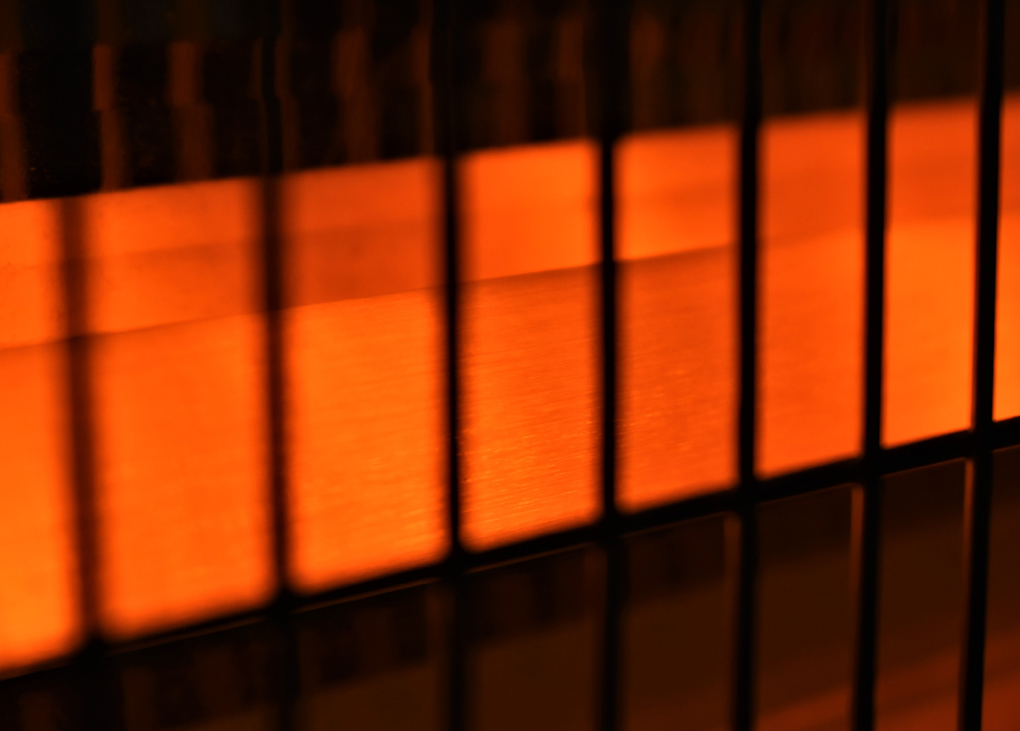Victoria’s Department of Environment, Land, Water and Planning (DELWP) has released a regulatory impact statement (RIS) on the phase-out of open-flued gas space heaters. The RIS is open for public consultation until February 22, 2021.
Under certain circumstances, open-flued gas space heaters pose a risk of releasing unhealthy and sometimes lethal concentrations of carbon monoxide (CO) into buildings. Malfunctioning, poorly or infrequently serviced units in residential settings have resulted in the deaths of three Victorians since 2010.
The RIS notes that open-flued gas space heaters were designed more than 40 years ago, and were made to operate with the ventilation expected from housing standards and trends at the time. Since then, Victoria’s housing stock has become increasingly well sealed through new energy-efficiency requirements for new buildings, and older buildings are increasingly being weather-sealed to improve thermal efficiency.
More powerful exhaust fans and rangehoods are also available now, increasing the risk of creating a negative-pressure environment inside the home. These trends increase the likelihood that open-flued gas space heaters could be operated without adequate ventilation and in negative- pressure environments, which could lead to further CO incidents.
The Victorian government has committed to the phase-out of open-flued gas space heaters through an RIS process to be delivered by DELWP.
Produced by Deloitte Access Economics, the RIS was informed by consultation with key stakeholders, including HVAC&R industry groups. The preferred approach to phasing out open-flued gas space heaters involves fast-tracking the implementation of changes to the Australian standards (AS/NZS 5263.1.3 and AS/NZS 5263.1.8) and adopting stringent new safety requirements for open-flued gas space heaters by January 1, 2022.
The government says the primary goal is to ensure the health and safety of the community. Other considerations are to:
- Ensure people have continued access to heating
- Maintain affordability of heating for consumers
- Maintain consumer confidence in gas
- Limit impacts on industry, and support industry transition.
The analysis has also considered whether transitional measures, such as CO alarms and the servicing for open-flued gas space heaters, should be mandated to manage risks from heaters that have already been installed.
The RIS does not analyse options for the potential wholesale removal of existing open-flued gas space heaters. However, the Victorian government recently announced its intention to spend $335 million to replace inefficient heaters. This is expected to result in approximately 100,000 of Victoria’s estimated 287,000 open-flued gas space heaters being removed, substantially reducing health and safety risks from the existing stock of units.
To view the RIS and comment, click here.
 Mark Vender
Mark Vender


Leave a Reply